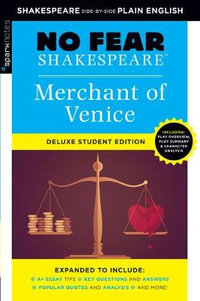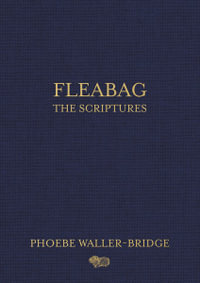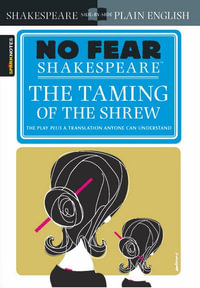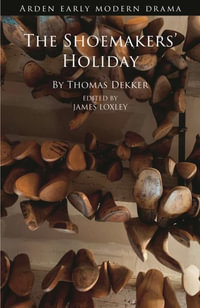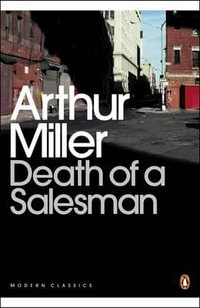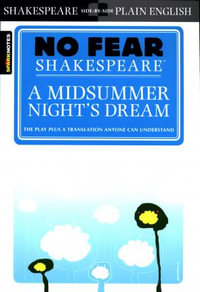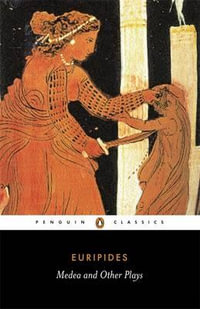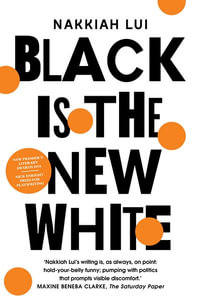Valerie Hegstrom and Catherine Larson have created an annotated new edition and first-ever translation of ngela de Azevedo's vibrant comedy, El muerto disimulado / Presumed Dead, to promote the recuperation of early modern plays authored by women. The book contains a comprehensive introduction that describes Spanish theater in its Golden Age, what is known of the author's life and times, contemporary stagings, and an extensive analysis of the text.
Although the playwright penned her work in Spanish, the Portuguese Azevedo set the action in Lisbon, creating in the process an abundance of multicultural allusions that enrich the text's baroque quality. The story unfolds as a cross between a jilted-lover scenario and a whodunit murder mystery. A woman laments her departed lover, a sister cross-dresses to avenge her murdered brother, a man duels with his cousin over lost honor, and before long, the dead man turns up as a ghost, or a bar maid, or a female peddler. Questions about identity abound in the witty El muerto disimulado / Presumed Dead. The transnational nature of this clever comedy complicates meanings, often producing bilingual wordplay that underscores the self-conscious, gender-bending, ludic character of the play and of theater in general. Azevedo highlights her ability to cross linguistic and geographic borders in the early modern period, as she simultaneously works within and offers a challenge to the dominant tradition of the Spanish Comedia.
Industry Reviews
'This side-by-side Spanish-English edition of the play will allow scholars, students, and actors to approach Azevedo's work afresh. For many, it will be the first opportunity to read this relatively unknown author's work. This accessible, accomplished edition of El muerto disimulado / Presumed Dead should help Azevedo's play become better known both on page and on stage. Hegstrom and Larson are to be congratulated for making this significant contribution both to the scholarship on early modern women and to the corpus of highly skilled translations of early modern women's work.'
Lisa Vollendorf, Bulletin of the Comediantes
'There is a very small subset of translators who are able to produce compelling verse translations of comedias and an even smaller one whose verse translations are manageable for university theater students. This edition offers a highly readable - and I believe stage-worthy - prose translation that transmits the content accurately and also captures much of the early modern delight with dazzling verbal gymnastics.'
Barbara Simerka, Queens College, City University of New York, Early Modern Women Journal
'Hegstrom and Larson have done a superb job bringing Azevedo's play to life, and scholars, students, directors, actors and lovers of Golden Age comedia can now enjoy a play and playwright, neither of which will ever again fall into oblivion.'
Nieves Romero-Diaz, Mount Holyoke College, Seventeenth-Century News


